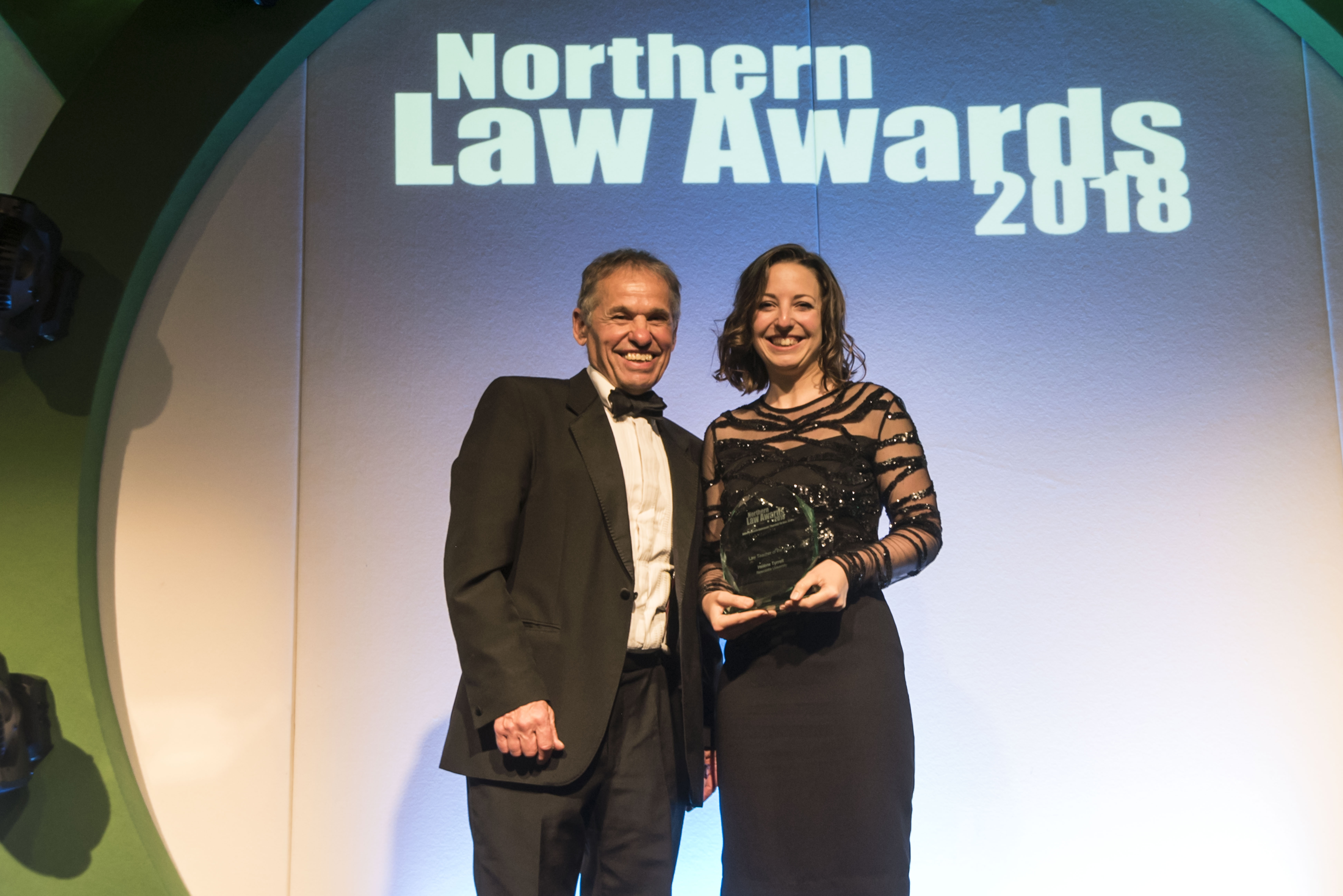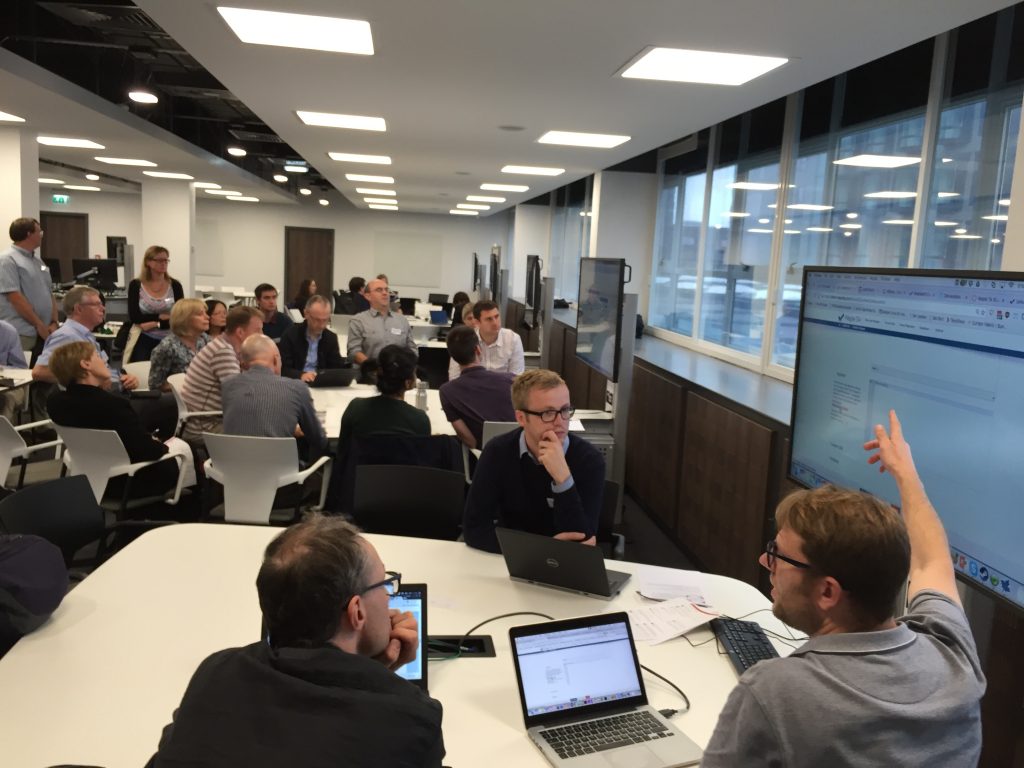
Following on from the interest shown in a session, run by Ruth Graham and Sandy Alden, at the 2018 Learning and Teaching Conference, on designing inclusive learning, you can now sign up for two free online courses.
Inclusive Learning and Teaching Environments and Digital Accessibility: Enabling Participation in the Information Society are both from the University of Southampton.
Inclusive Learning and Teaching Environments runs from Sept 3rd for three weeks and is specifically for those working in Higher Education and interested in making elearning accessible to all.
Explore the barriers experienced by disabled students and learn how to overcome these barriers through inclusive practices.
Digital Accessibility: Enabling Participation in the Information Society runs from Oct 8th for five weeks, and has 8 universities discussing different aspects of digital technologies and accessibility from the developer and user’s point of view. It features case studies, new technologies and the latest news about legal standards and guidelines for web, mobile, documents, IoT etc. When there is:
“a better understanding of users’ needs, technologies can be developed to be accessible & provide a more inclusive environment”
Both courses are free, and offer practical hints and tips you can use straight away to make your own resources more inclusive.






